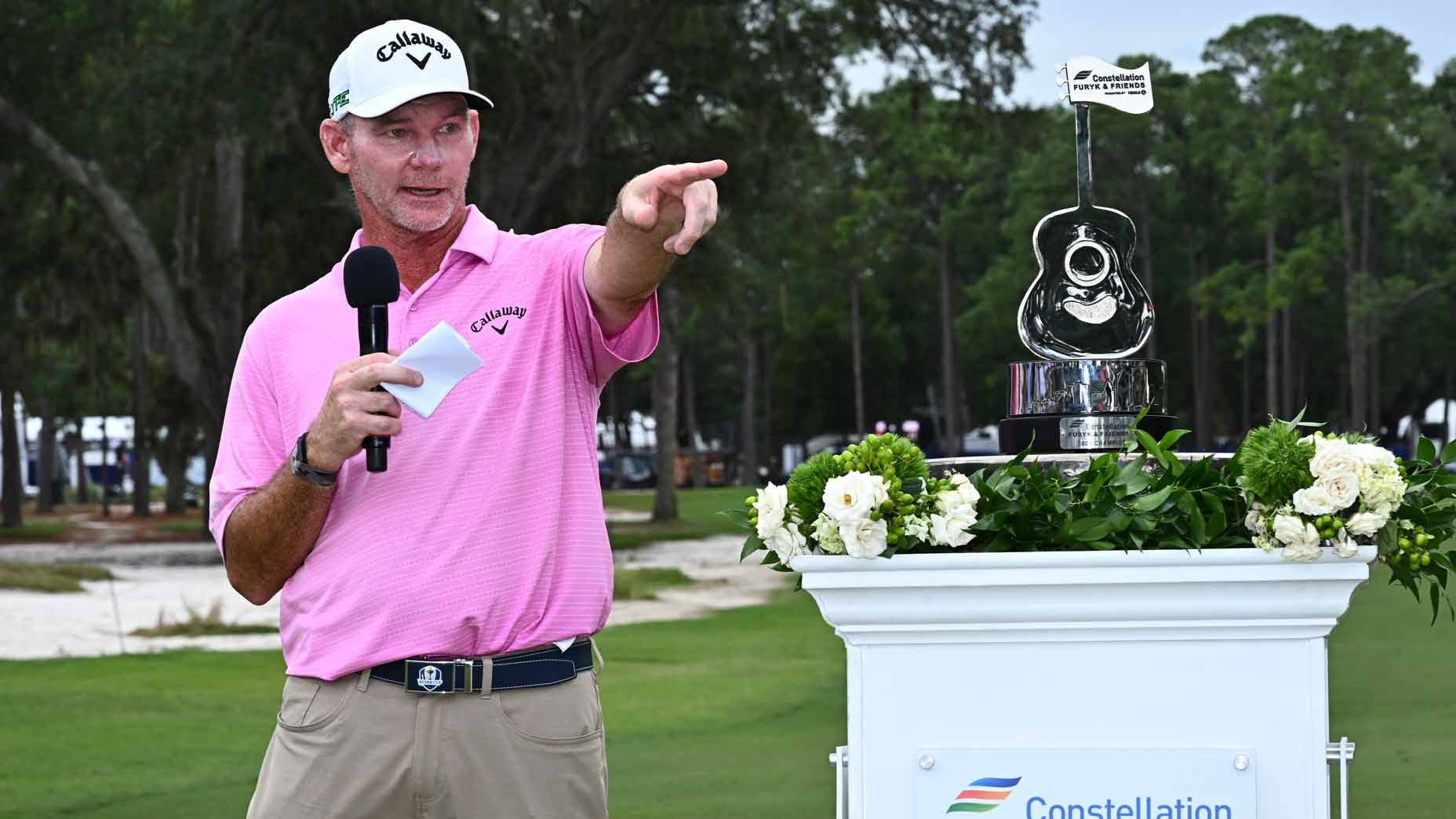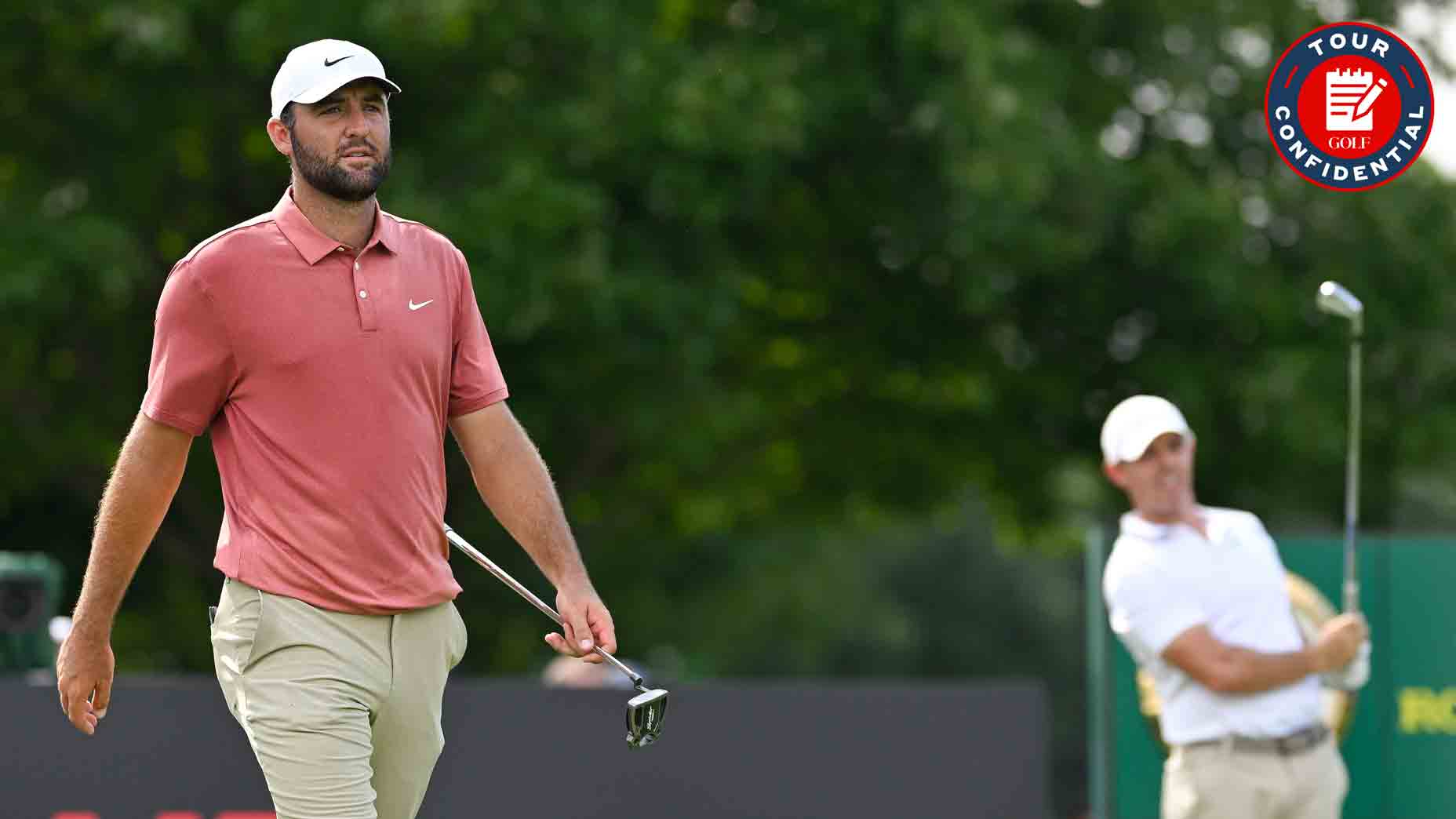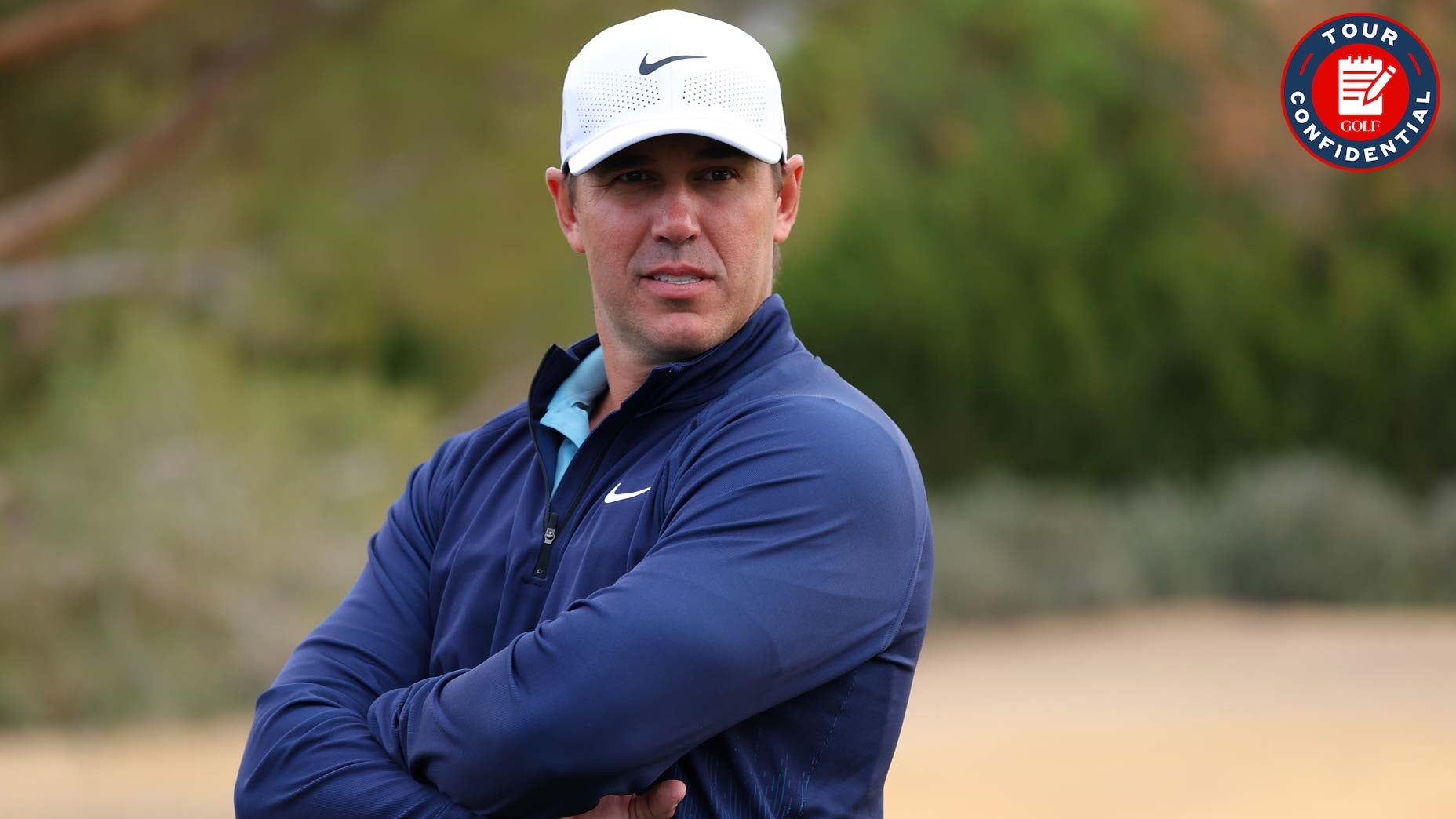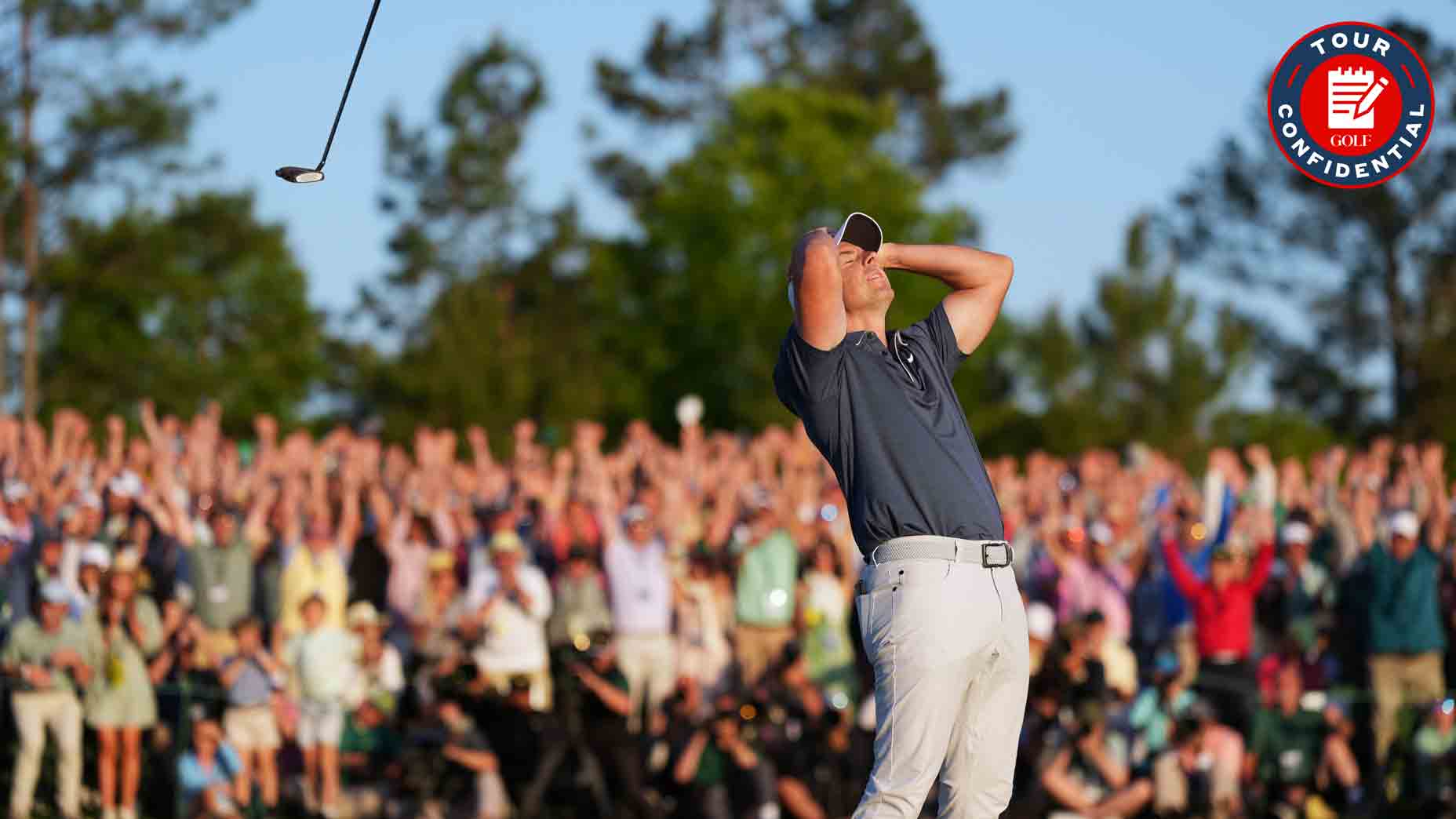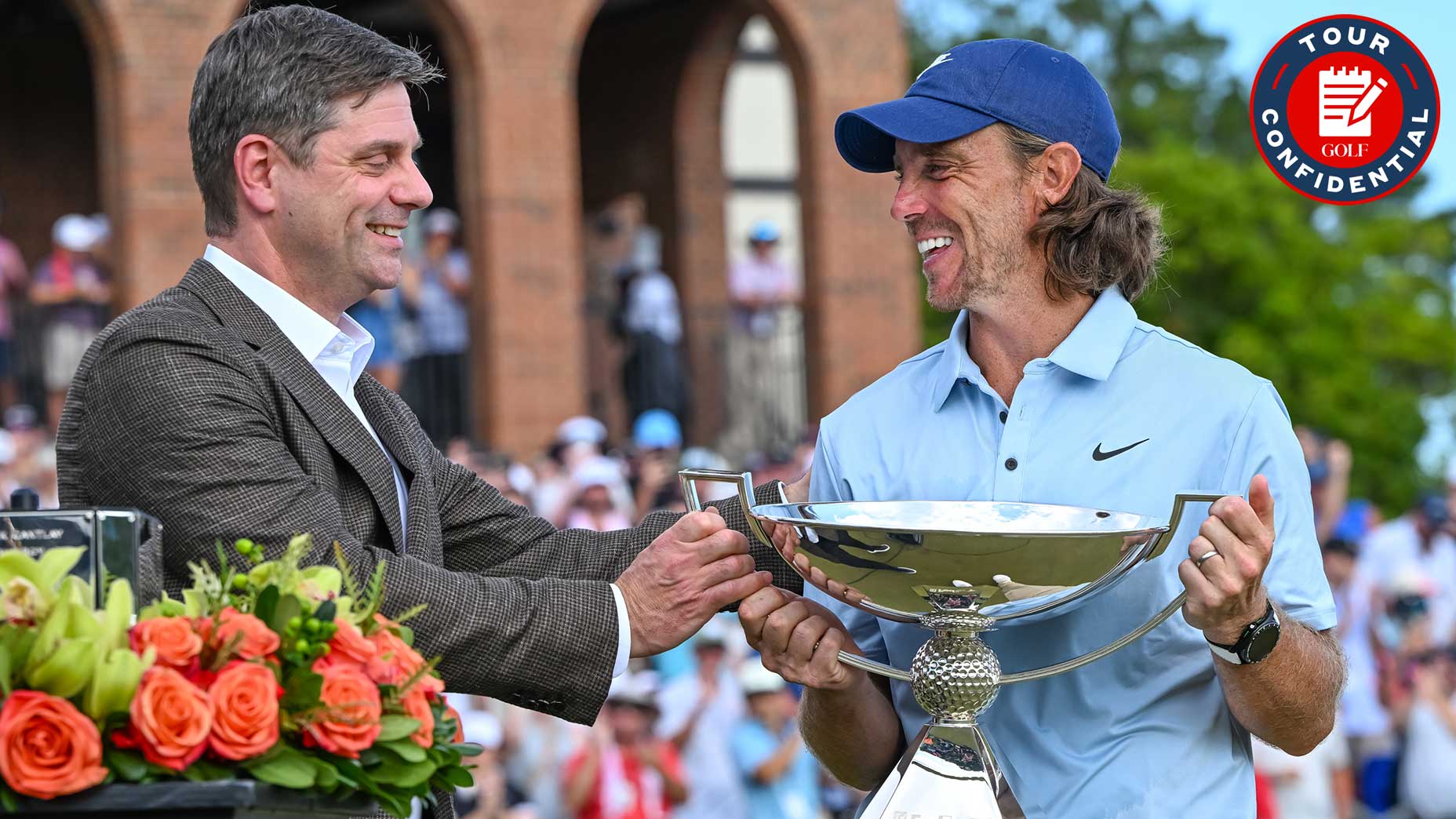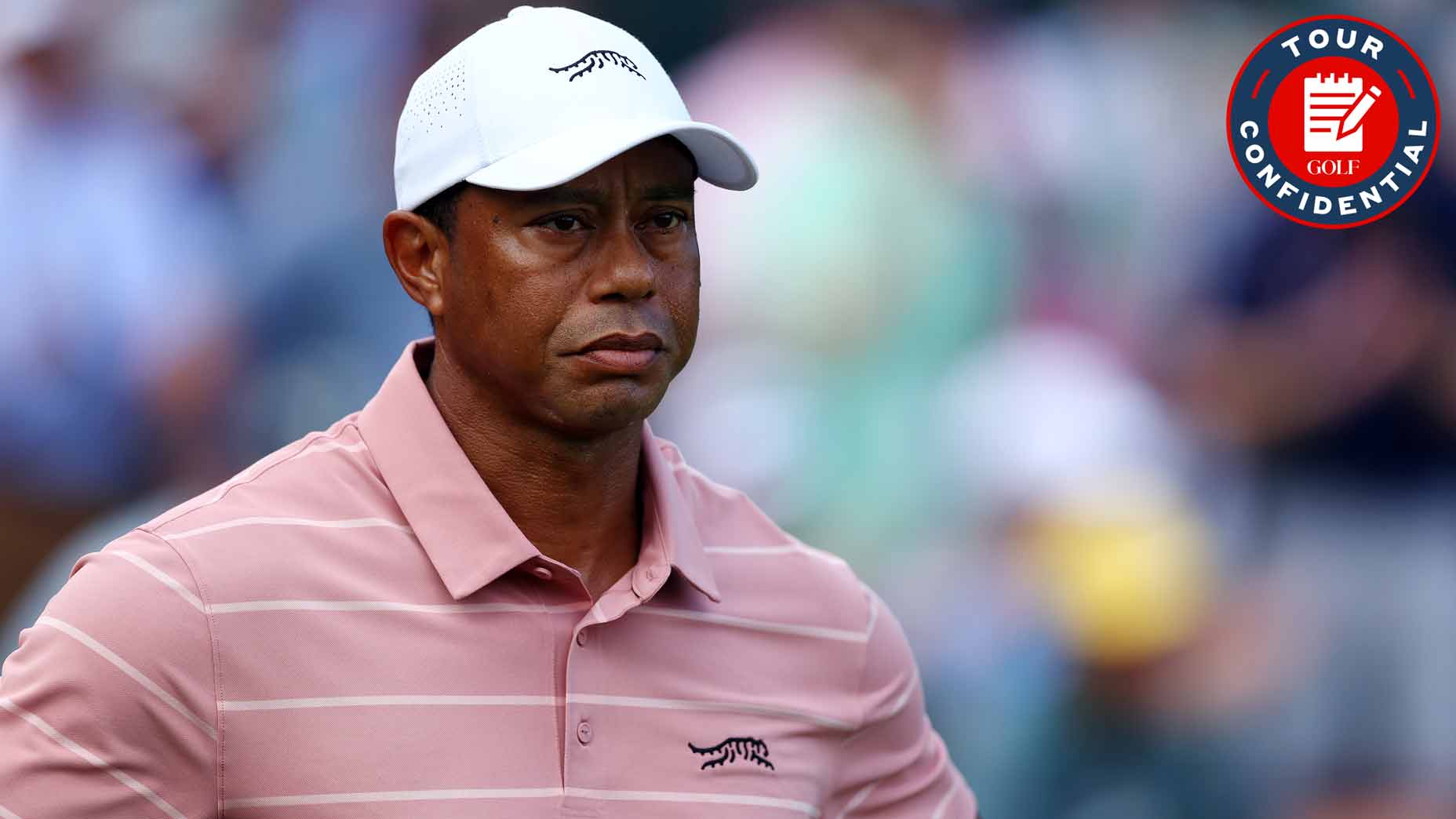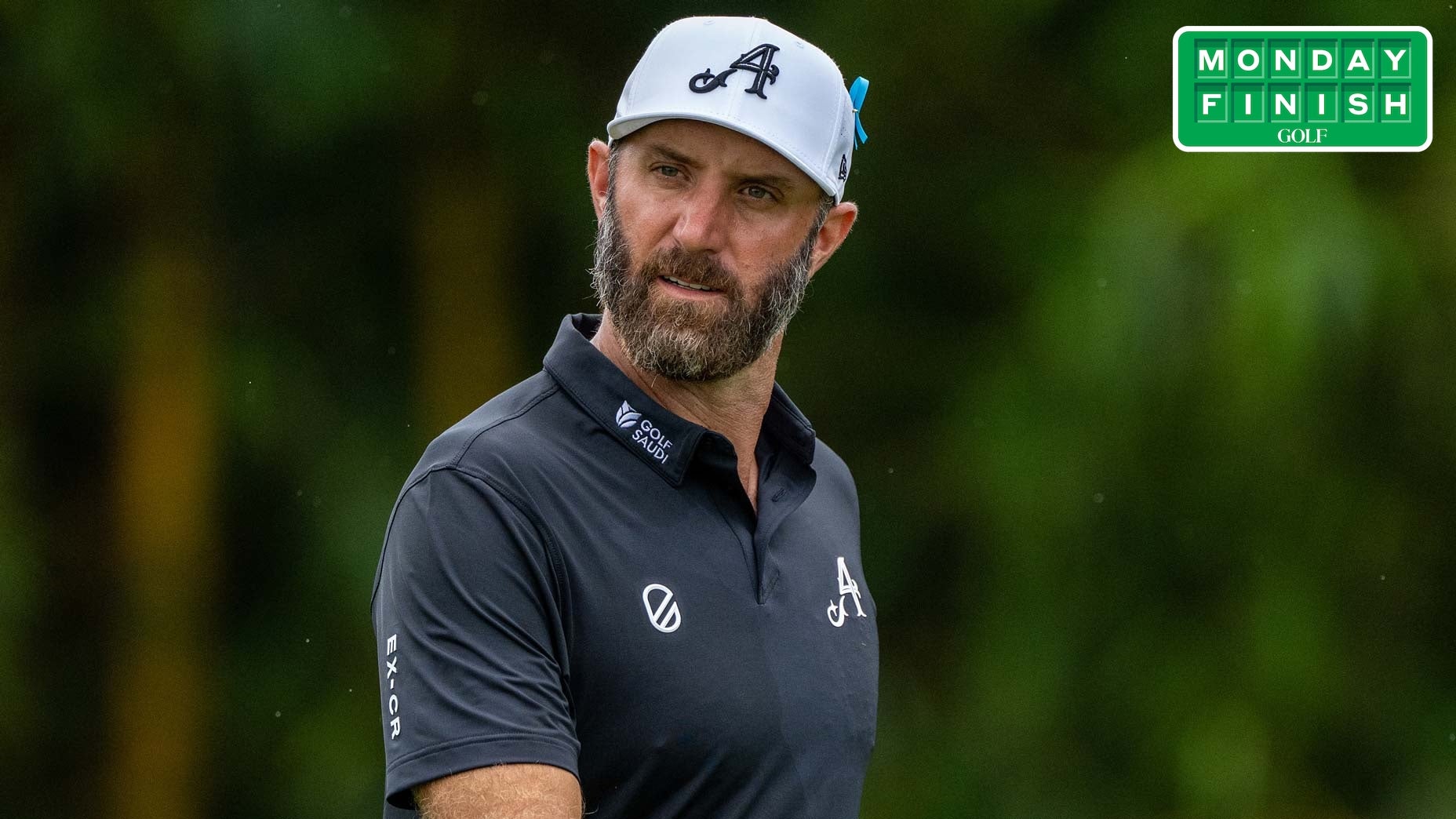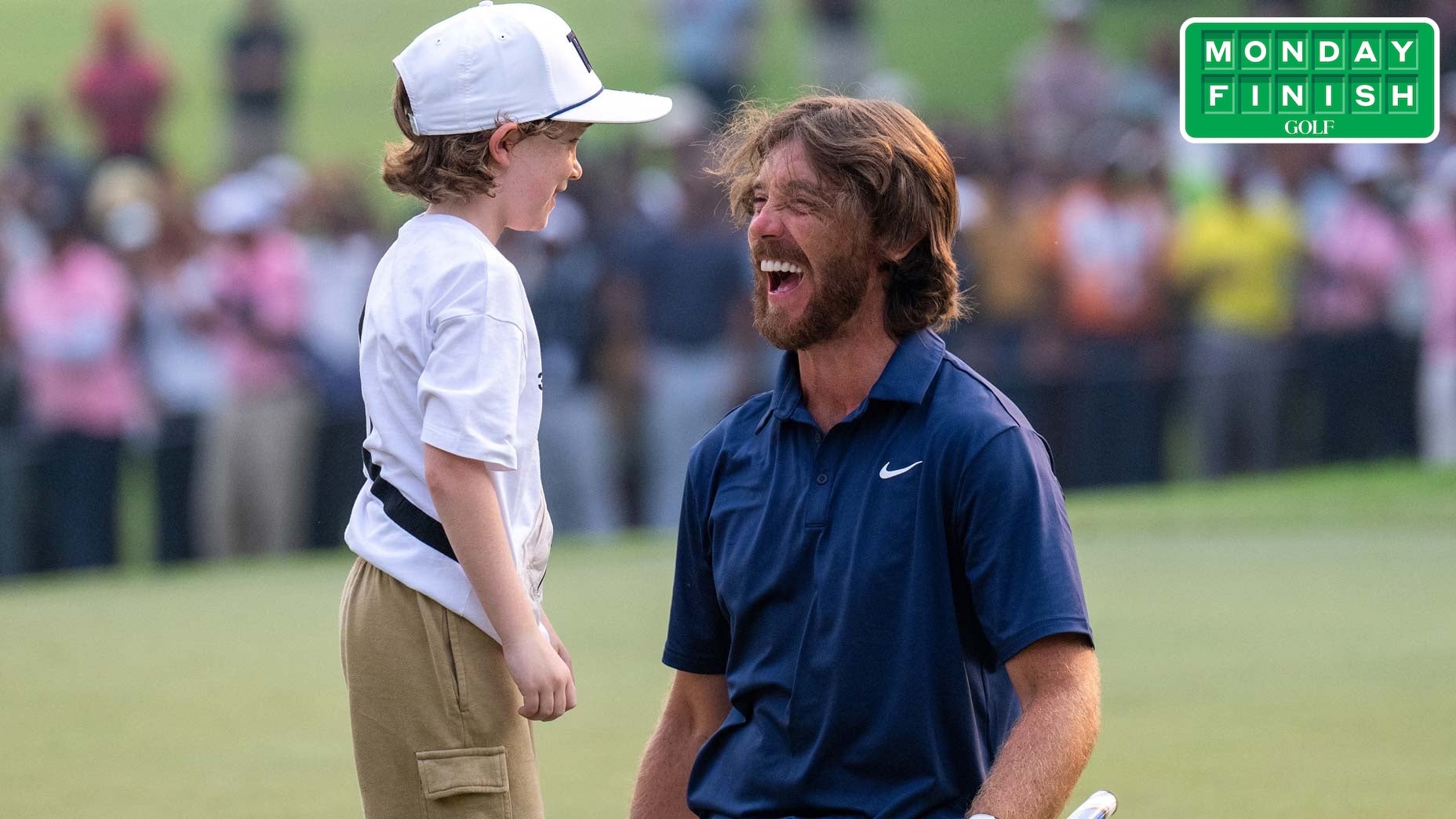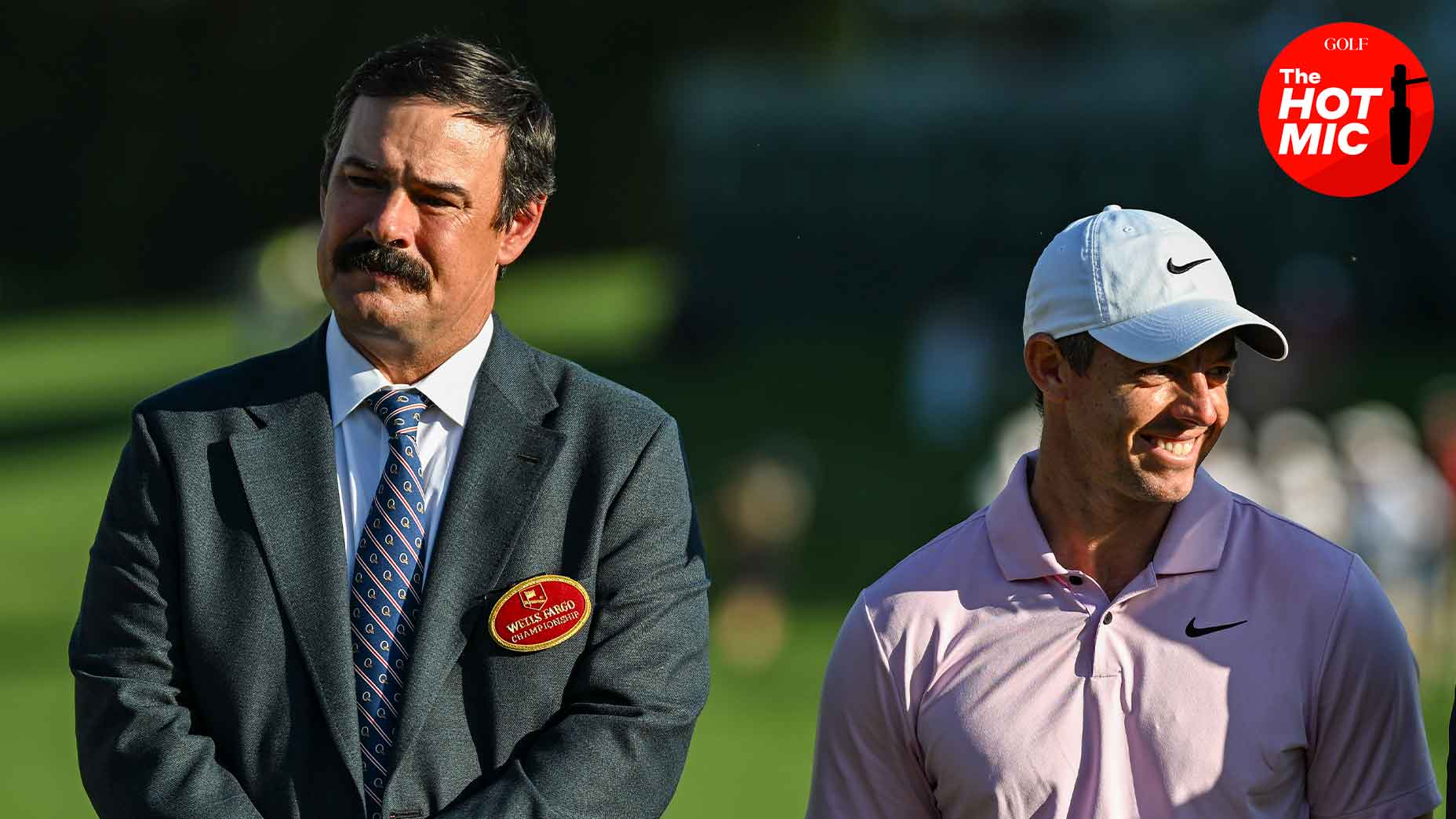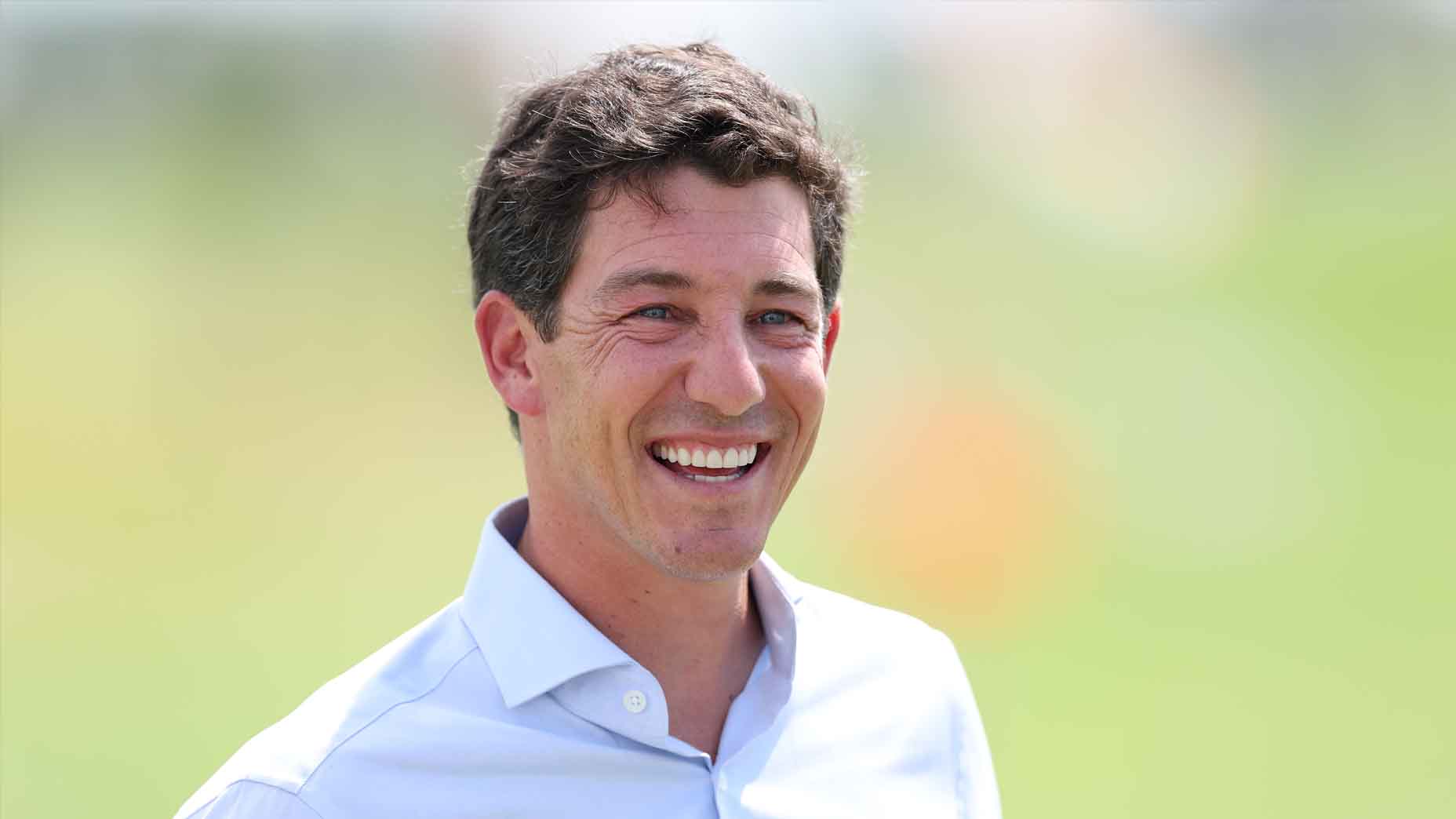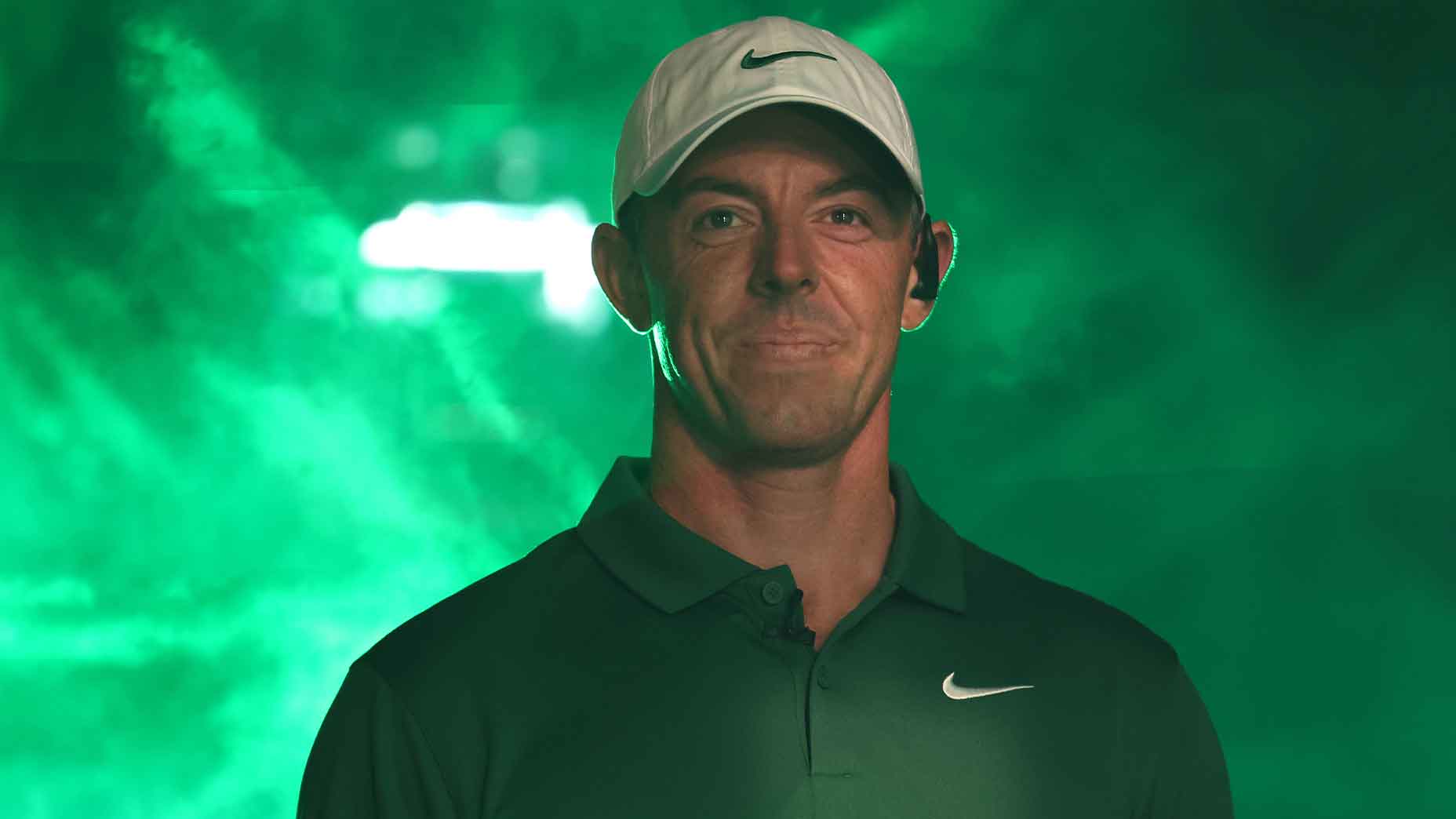News
’10 times harder than when I came up’: Veteran pro selflessly surrenders spot in season opener
Tommy “Two Gloves” Gainey started his year with a selfless act: giving up his spot in the Korn Ferry Tour season opener to someone else.Tour Confidential: Bold predictions, storylines and resolutions
GOLF’s writers make bold predictions, name storylines to watch and make resolutions in this week’s Tour Confidential.Tour Confidential: What does Brooks Koepka’s LIV exit mean?
What’s next for Brooks Koepka — and what does that mean for the rest of pro golf? Our writers also share thoughts on Tiger Woods’ 50th and more.Tour Confidential: Did Rory McIlroy, Scottie Scheffler or someone else win 2025?
Did Rory McIlroy, Scottie Scheffler or someone else win 2025? Our writers discuss what they took away from a memorable year in golf.Tour Confidential: The most important golf figures of 2025
We discuss the most important golf figures of the last 12 months, the drama of PGA Tour Q-School, an insane golf record and more.Tour Confidential: Tiger Woods takeaways, future PGA Tour schedule logistics
We discuss Tiger Woods’ first public comments in months, the potential for a new PGA Tour schedule, Rory McIlroy’s major prospects and more.Tour Confidential: Will Tiger Woods actually play on Champions Tour?
GOLF’s writers discuss whether Tiger Woods will play on the Champions Tour, what to make of The Skins Game’s return and more.Tour Confidential: Jeeno Thitikul greatness, Tour changes, Top 100 courses
GOLF’s editors and writers discuss Jeeno Thitikul’s greatness, PGA Tour changes, Top 100 courses and more in Tour Confidential.Welcome to the strangest week of the pro golf schedule
The PGA and DP World Tour seasons just ended. So why are Scottie Scheffler, Rory McIlroy and Viktor Hovland each playing different events?5 unexpected winners entering pro golf’s ‘offseason’ | Monday Finish
Anthony Kim had a first in 14 years, the World No. 1 snuck up on us, a LIV signing could create opportunity and more in the Monday Finish.Ex-LIV pros find new homes (plus 9 other stories!) | Monday Finish
This week had Rory. Fitz. A one-handed putter. A cross-handed chipper. A Lambo. Ex-LIV pros. New PGA Tour pros. Much more in the Monday Finish.10 surprising golf stories flying under the radar | Monday Finish
Sometimes little stories are a big deal. These 10 include Rory, Scottie, the Internet Invitational, an ex-LIV golfer, a brand-new event and more.LIV Golf faces 5 fascinating offseason questions | Monday Finish
LIV questions — plus the PGA Tour’s step-skipper, the righty putter who’s found lefty success and much more in the Monday Finish.Tommy Fleetwood just won Act 3 of this pro golf season | Monday Finish
Tommy Fleetwood turned his darkest hour into a springboard. He took over this chapter of the golf season. And he granted his son’s wish.First came a 4-putt. Next? A miraculous comeback | Monday Finish
Jeeno Thitikul’s bounceback, Rory McIlroy’s India trip, Jon Rahm’s unanswered question, retirement thoughts and more in the Monday Finish.How much is Tiger Woods actually worth to golf? We investigated
On the occasion of Tiger Woods’ upcoming 50th birthday, we tried to quantify how much the “Tiger Effect” has actually been worth to golf.CBS Golf hires Johnson Wagner, completes broadcast team for 2026
CBS Golf hired Johnson Wagner to be its newest on-course reporter, completing its broadcast team for the 2026 season.The source of pro golf’s latest major overhaul? AI … and an Apple TV remote
Craig Kessler is the man at the center of the LPGA’s newest era, and an Apple TV remote holds the clues to where the tour is headed.Golf fans could be about to save big on their cable bill
A new bundle announced by YouTube TV could save golf fans cash on their monthly cable bill. Here’s what you need to know.Is pro golf one of the few ‘AI-proof’ bets? This Hollywood legend thinks so
Legendary sports exec Ari Emanuel laid out the compelling case for sports in the AI world in an interview on ‘Invest Like The Best.’Colt Knost opens up on CBS tower promotion, TV goals, criticism
Colt Knost will succeed Ian Baker-Finch in the CBS booth beginning in 2026, the latest promotion in a rapid rise in golf TV.Made-for-TV golf matches need a boost. Here are some ideas
Made-for-TV golf matches like the Skins Game are here to stay, but how would we improve them? GOLF’s Sean Zak and James Colgan discuss.Latest in News

Join InsideGOLF today!
For only $39.99/year, you’ll get access to exclusive content and also a host of discounts and promotions, including…
- AD-FREE Experience on GOLF.com
- FREE Dozen Srixon Golf Balls
- $20 Instant Credit at Fairway Jockey
- One Year (8 issues) of Golf Magazine (+$79 Newsstand value) – U.S. members Only
- +600 Issue Golf Magazine Digital Archive (1959-Present)
- Bucket-List golf trips and experiences
- FREE True Spec Fitting with any club purchase
- $100 OFF qualified purchases at Miura and Fairway Jockey
- 50% OFF new Golf Logix App/membership
- Plus so much more!
